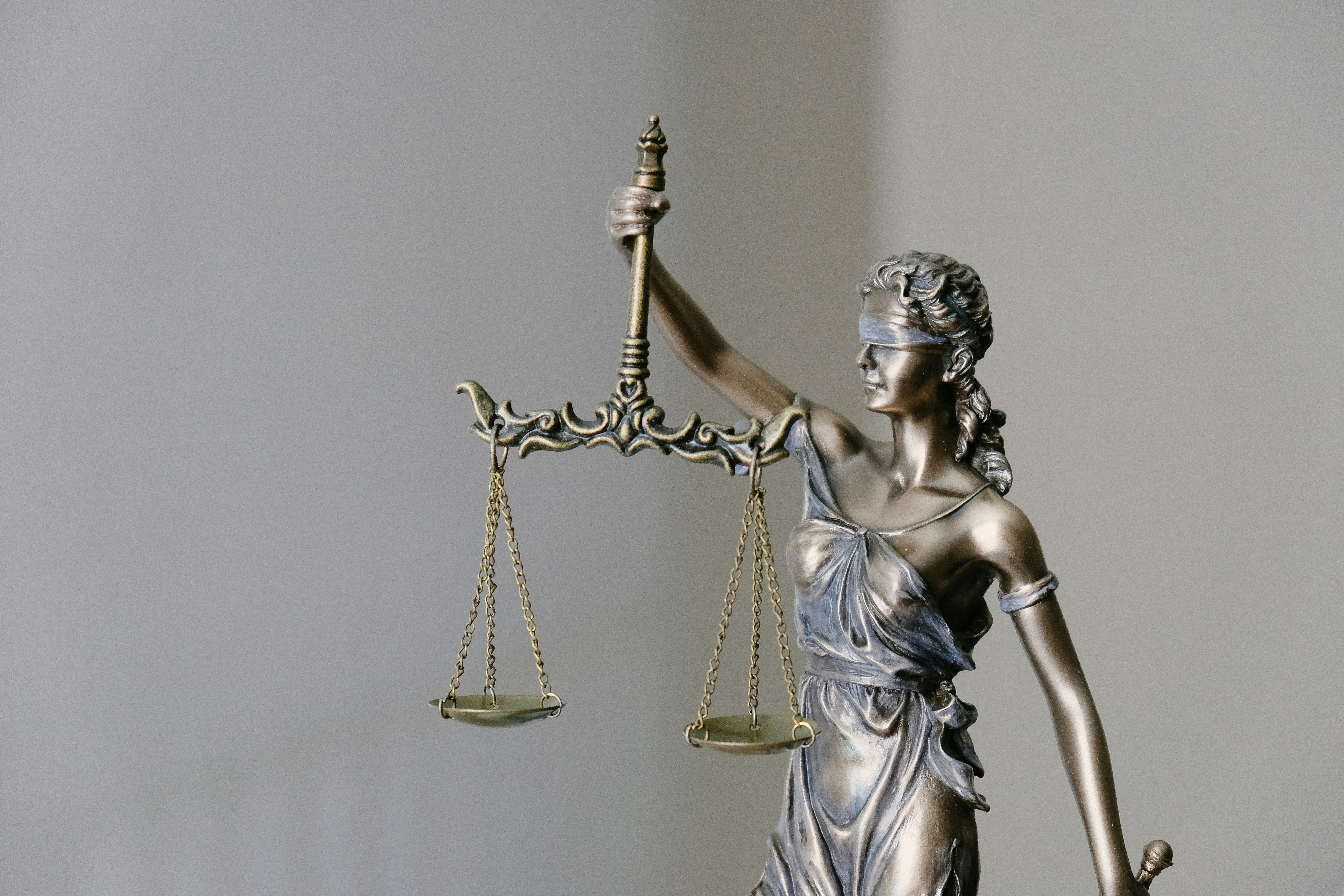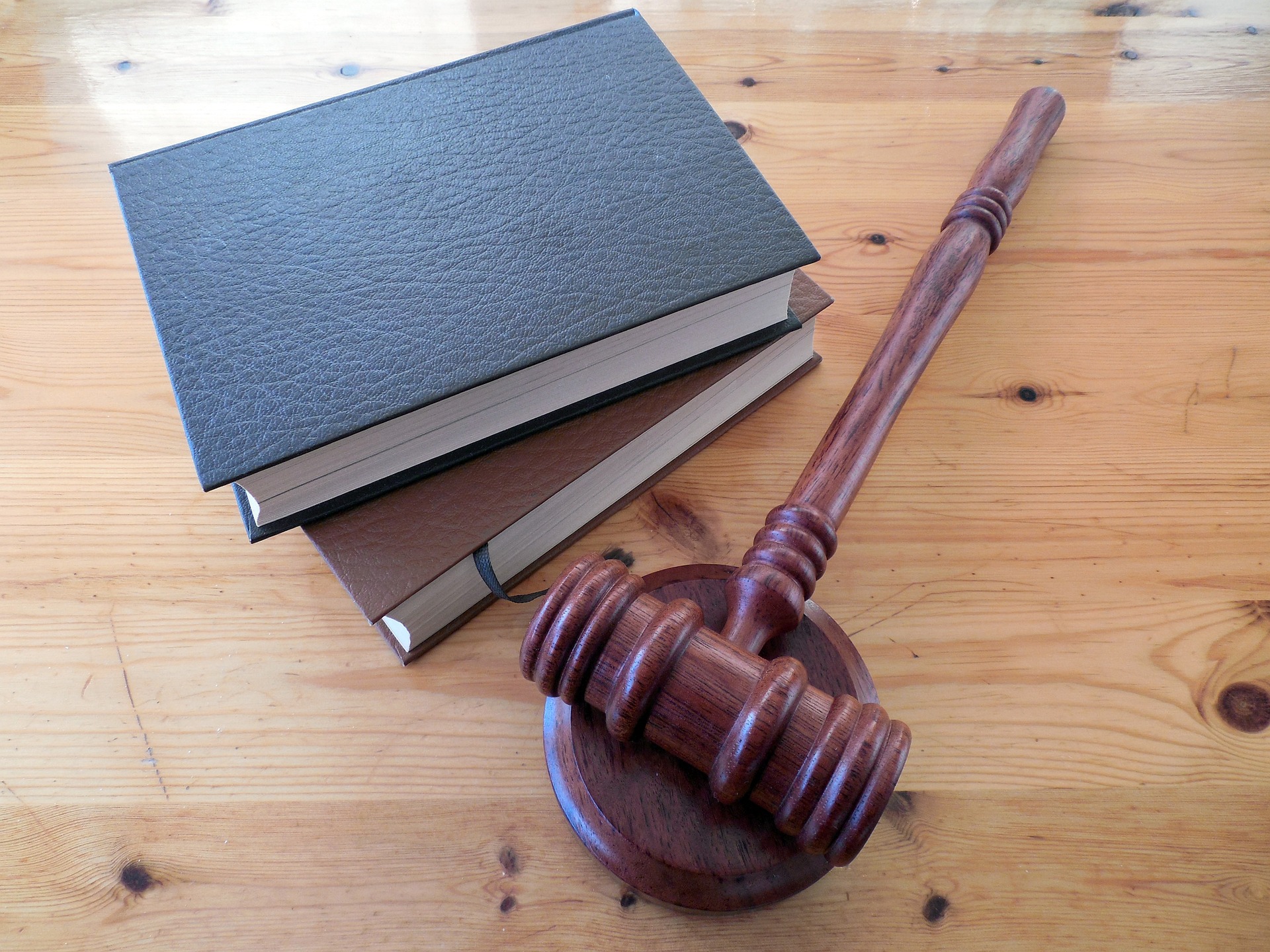"Decoding the Role of Judicial Review in American Democracy"
Judicial review, a pivotal aspect of the American legal system, plays a significant role in maintaining the balance of power among the three branches of government. This article explores the origins, evolution, and societal impact of judicial review, providing readers with an in-depth understanding of this critical democratic process.

The Genesis of Judicial Review
The concept of judicial review has its roots in the American Constitution. Although not explicitly mentioned, the principle was established in the landmark case of Marbury v. Madison in 1803. The Supreme Court, under Chief Justice John Marshall, affirmed the power of federal courts to review and invalidate laws and executive actions that conflict with the Constitution. This decision set a precedent for the Supreme Court’s role as the ultimate arbiter of constitutionality.
Judicial Review in Action
In practice, judicial review serves as a check on legislative and executive power. It ensures that laws enacted by Congress and actions taken by the President align with the Constitution’s principles. A recent example is the Supreme Court’s ruling on the Affordable Care Act. The court upheld key provisions of the law, affirming its constitutionality and underscoring the power of judicial review in shaping national policy.
The Societal Impact of Judicial Review
The power of judicial review has far-reaching implications for American society. It has been instrumental in landmark decisions like Brown v. Board of Education, which marked a turning point in the fight against racial segregation, and Roe v. Wade, which recognized women’s right to make decisions about their bodies. Judicial review, thus, plays a crucial role in safeguarding individual rights and liberties, often influencing societal norms and values.
The Debate Surrounding Judicial Review
Although judicial review is a cornerstone of American democracy, it is not without controversy. Critics argue that it can lead to judicial activism, where judges interpret the Constitution according to their personal beliefs, thereby overstepping their role. Others contend that unelected judges overturning laws passed by elected representatives undermines democracy. Despite these debates, the principle of judicial review remains a vital part of the American legal system.
Future Implications
As societal norms evolve and new legal questions arise, the role of judicial review will continue to be pivotal. It will shape the legal landscape, influencing everything from individual rights to national policies. Amidst this dynamic context, understanding the role and implications of judicial review is crucial for anyone interested in law, government, and the continuous evolution of American democracy.
In conclusion, judicial review underscores the balance of power in the American democracy, serving as a critical tool in maintaining the rule of law. Its impact resonates through every facet of society, often acting as a catalyst for change. As we continue to navigate the complexities of the 21st century, the power of judicial review will undoubtedly continue to shape the American legal landscape.




